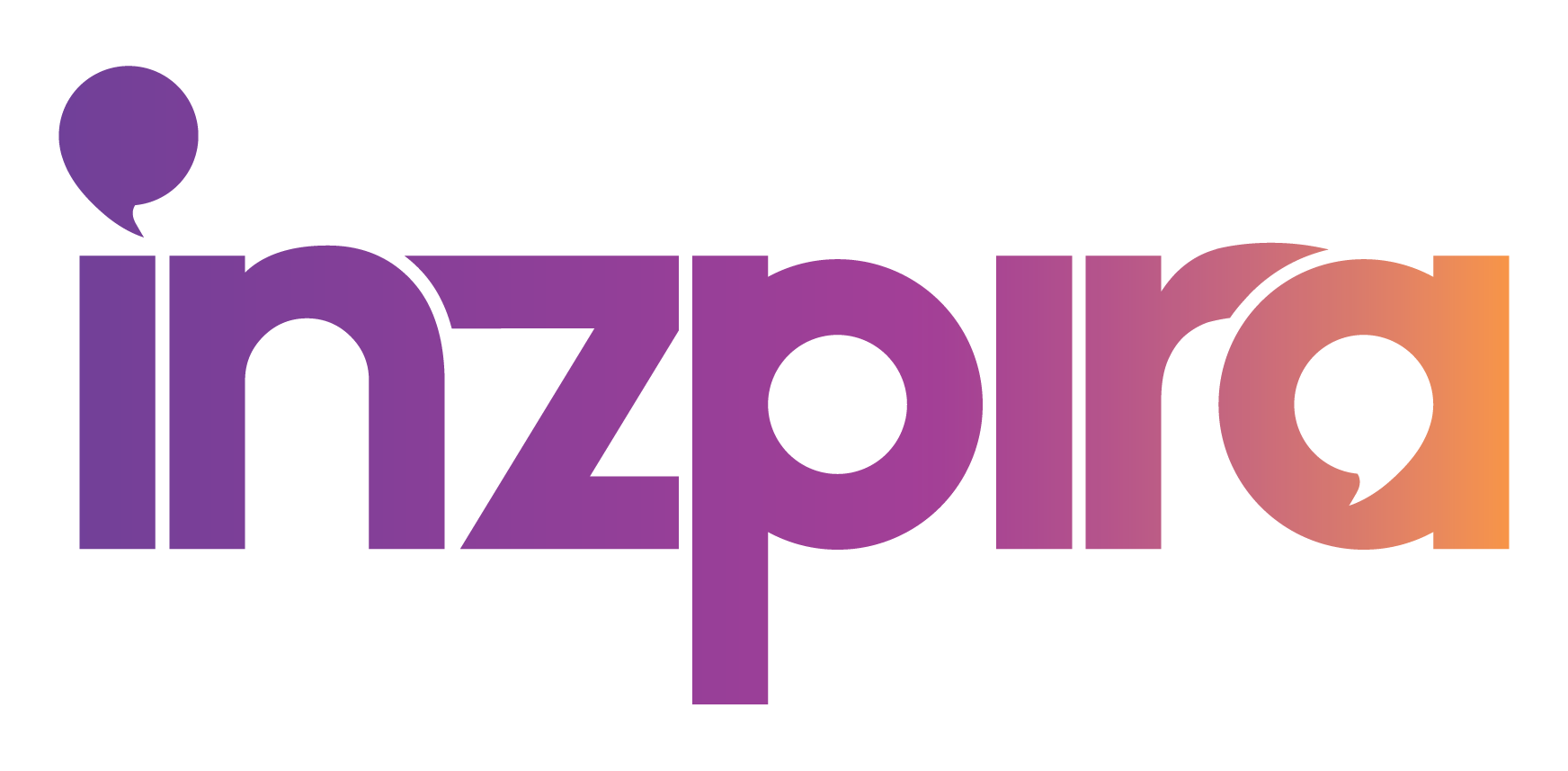Navigating the Global Teaching Landscape: Why TEFL Certification is Your Passport
Navigating the Global Teaching Landscape: Why TEFL Certification is Your Passport

Master the ever-changing field of international education and turn your teaching dreams into reality with a TEFL certification. Discover the benefits and opportunities that come with TEFL in this comprehensive guide to navigating the global teaching landscape.
The Dawn of Globalized Teaching
The Emergence of English as a Lingua Franca
In the modern era, English has taken center stage as the universal lingua franca. Used as a common tongue among diverse groups, English facilitates communication in business, academia, and social settings globally. The rise of English can be linked to several factors, including the proliferation of American and British pop culture, the prominence of English-speaking nations in global affairs, and the evolution of the internet and global commerce.
Why the Demand for English Teachers is Skyrocketing
Coupled with the status of English as the global lingua franca is the escalating demand for competent English teachers. Many countries, particularly in Asia and Latin America, have embedded English into their education systems, recognizing its importance for their citizens’ global competitiveness. In addition, businesses worldwide seek English training for their staff to facilitate international transactions. As such, skilled and certified English teachers are a hot commodity in the global teaching landscape.
What is TEFL Certification?
The Basics of TEFL
TEFL stands for Teaching English as a Foreign Language. It’s a certification granted after completing a course that equips you with the necessary skills and methodologies for teaching English to non-native speakers. The curriculum typically includes language teaching principles, classroom management, grammar instruction, and lesson planning.
In-Depth: Components of a TEFL Course
A TEFL course covers a broad range of topics to prepare aspiring English teachers for diverse teaching environments. It dives into the intricacies of English grammar, provides strategies for teaching listening, speaking, reading, and writing skills, and tackles classroom management techniques. Additionally, it prepares you to create engaging lesson plans, conduct effective student assessments, and adapt your teaching style to different learners.
Why You Need a TEFL Certification
Global Recognition of TEFL
Earning a TEFL certification gives you the edge in the increasingly competitive field of English teaching. It’s recognized by schools and language institutes worldwide, making you a viable candidate for teaching positions across the globe.
Job Opportunities Abroad with TEFL
A TEFL certification is your passport to a world of teaching opportunities. It opens doors to jobs in diverse settings such as public schools, private language institutes, business corporations, online platforms, and even volunteering initiatives. From the bustling city of Tokyo to the idyllic landscapes of Costa Rica, the world is your oyster with TEFL.
Local Teaching Positions and TEFL
While TEFL is often associated with teaching abroad, it’s just as useful for domestic teaching positions. Many language schools and tutoring centers at home appreciate the TEFL’s comprehensive training, making it a valuable credential even for those who prefer to stay in their home country.
Obtaining Your TEFL Certification
Online vs In-Person Courses
You can pursue TEFL certification either online or through in-person classes. Both methods have their merits. Online courses such as Inzpira’s Certified TEFL Program offer flexibility, allowing you to learn at your own pace and time. In contrast, in-person classes provide more hands-on experience and immediate feedback, which can be advantageous for new teachers.
Choosing the Right TEFL Provider
When choosing a TEFL provider, consider factors such as accreditation, course content, student support, and job placement assistance. Reputable providers offer accredited courses that meet international standards, provide comprehensive training, give ongoing support to their students, and assist in job placement after course completion.
Benefits of a TEFL Certification
Increased Salary Prospects
A TEFL certification can significantly boost your salary prospects. Many employers are willing to pay a premium for certified teachers who have the skills and knowledge to deliver high-quality English education.
Enhancing Your Teaching Skills
Going through a TEFL course is a transformative journey that hones your teaching skills. It provides you with the tools to manage a classroom effectively, create engaging lessons, and cater to different learning styles, enhancing your overall teaching prowess.
Access to a Global Community
Becoming TEFL-certified connects you with a global community of English teachers. You’ll have the opportunity to network, share experiences, and learn from fellow educators worldwide, which can be an enriching experience both personally and professionally.
Living and Teaching Abroad with TEFL
Cultural Experiences and TEFL
Teaching abroad with a TEFL certification offers an unparalleled opportunity to immerse yourself in new cultures. You get to experience a country’s traditions, cuisine, language, and lifestyle firsthand, providing a rich cultural experience that goes beyond the ordinary tourist path.
How TEFL Opens Doors to Travel
A TEFL certification is not just a teaching credential—it’s also a ticket to travel the world. By securing teaching positions in different countries, you get to explore diverse landscapes, meet new people, and create a lifetime of memories. It’s truly a unique way to satisfy your wanderlust while advancing your career.
Career Prospects with a TEFL Certification
TEFL for Professional Development
Obtaining a TEFL certification is a valuable step in your professional development. It not only equips you with practical teaching skills but also fosters essential soft skills like cultural sensitivity, adaptability, problem-solving, and communication. These are transferable skills that can boost your career, even outside the realm of teaching.
TEFL for Freelancers and Digital Nomads
In this digital age, TEFL opens up possibilities for freelance work and digital nomadism. With an increase in online English learning platforms, many teachers are taking their skills into the digital realm, providing lessons to students worldwide from the comfort of their homes or while travelling.
Challenges in the Global Teaching Landscape
Adapting to Different Teaching Environments
While teaching abroad offers numerous rewards, it also presents unique challenges. Adapting to different education systems, teaching styles, and classroom dynamics can be demanding. However, the robust training of a TEFL course equips you with the versatility to thrive in various teaching environments.
Overcoming Language Barriers
Language barriers can be a hurdle when teaching English abroad. Nonetheless, TEFL courses often provide strategies to facilitate communication in the classroom, even when you don’t speak the local language. Plus, living in a foreign country provides a wonderful opportunity to learn a new language yourself!
Future of TEFL in the Global Teaching Landscape
Evolving English Teaching Methods
The world of TEFL is dynamic, with teaching methods continuously evolving. Emerging trends like bilingual education, CLIL (Content and Language Integrated Learning), and task-based learning are reshaping the landscape. As a TEFL teacher, you’ll be at the forefront of these innovative teaching approaches.
The Impact of Technology on TEFL
Technology plays an increasingly prominent role in TEFL. From online teaching platforms to digital resources and language apps, technology is enhancing the way English is taught and learned. This trend is likely to continue, providing exciting possibilities for tech-savvy TEFL teachers.
FAQ
Age requirements depend on the country and the school. However, in general, most employers require teachers to be at least 21 years old.
Yes, you can use a TEFL certification to teach English in your home country, particularly in language schools and tutoring centers.
The length of a TEFL course varies, but most courses take between 100 to 120 hours to complete, which can be spread over several weeks or months.
Both online and in-person TEFL certifications have their advantages. Online courses offer flexibility and convenience, while in-person courses provide hands-on teaching practice. The best choice depends on your individual needs and circumstances.
While it’s possible to find teaching jobs abroad without a TEFL certification, having one significantly increases your job prospects and potential salary.
The cost of a TEFL certification varies depending on the provider and the course format, but it typically ranges from $200 to $1500. Don’t forget to checkout Inzpira’s Certified TEFL Program too.
Conclusion
Navigating the global teaching landscape can be a thrilling and rewarding journey with a TEFL certification in your arsenal. This valuable credential offers a world of opportunities, from enhancing your teaching skills and boosting your career prospects, to immersing yourself in diverse cultures and exploring the world. Indeed, the TEFL certification is not just a passport to global teaching opportunities—it’s a passport to a more enriched, globally engaged life.


